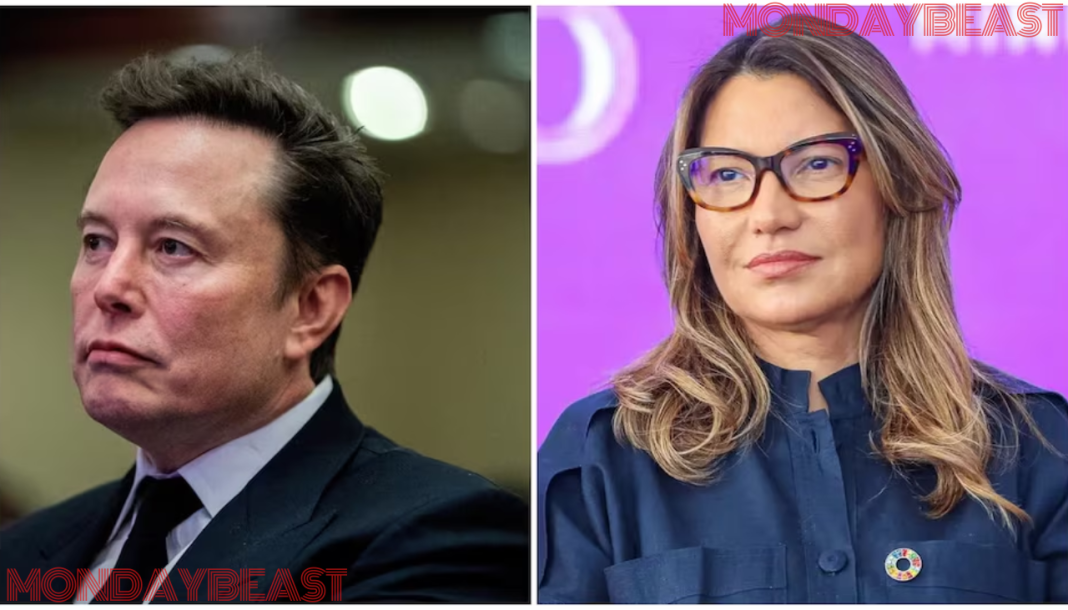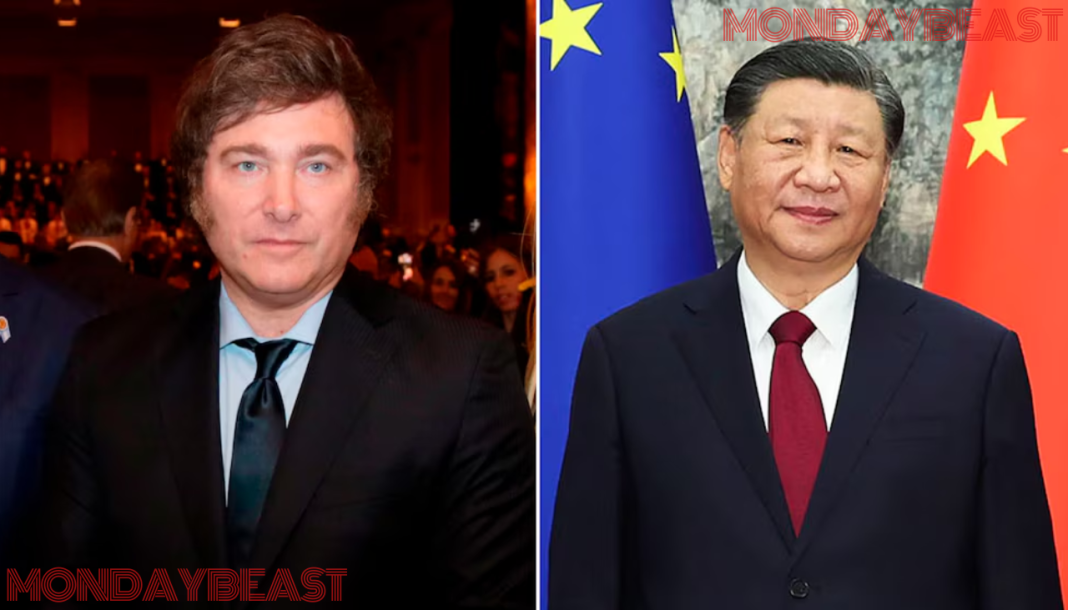Confrontation at the G20: Janja vs. Musk
During the recent G20 summit, a surprising confrontation unfolded. Brazil’s First Lady, Janja Lula da Silva, didn’t hold back in her remarks aimed at billionaire Elon Musk. Speaking at an event, she addressed the critical topic of social media regulation. Her boldness was unmissable. When a ship’s horn blared in the background, she joked, “I think it’s Elon Musk.” However, it was her following exclamation that left attendees stunned: “I’m not afraid of you, fk you, Elon Musk.”
This was more than a moment of humor; it encapsulated the growing tensions between social media platforms and government regulations. Musk, known for his controversial statements, reacted in true Musk fashion. He posted a laughing emoji and a pointed remark about Brazil’s upcoming elections. Was this a sign of Musk’s growing aloofness towards global concerns?
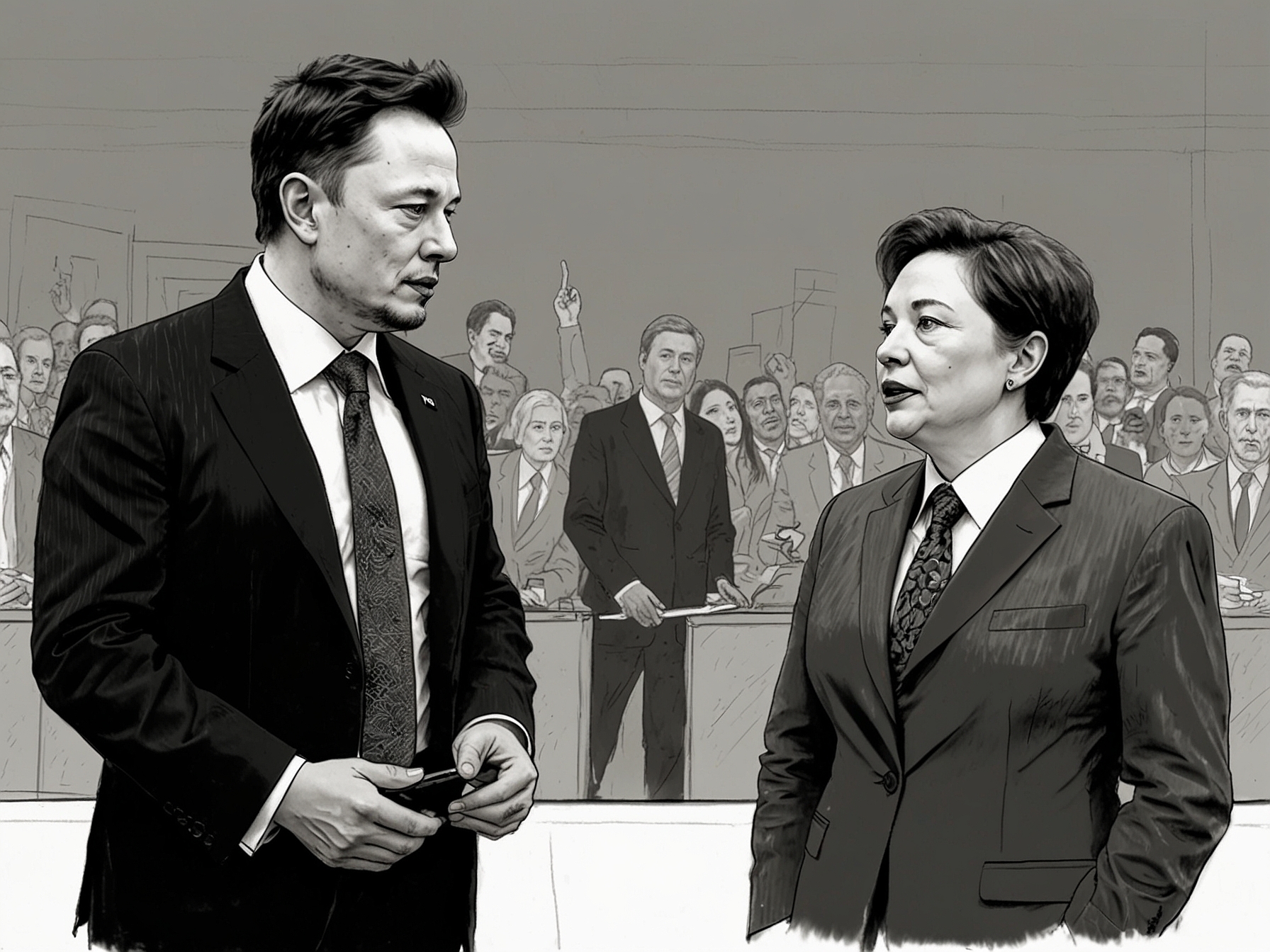
Brazil’s story with Musk’s social media platform, X, has not been smooth sailing. Earlier this year, X faced a month-long suspension in Brazil. The reason? Failure to comply with court orders to curtail the spread of disinformation. In a world where social media holds significant sway, this incident raises crucial questions about accountability and free speech. What does this mean for other countries facing similar challenges?
The Broader Impact of Social Media Regulation
The clashes at this summit reflect a broader debate. Social media giants like Musk’s X are often seen as defenders of free speech. Yet, governments worldwide wrestle with misinformation’s repercussions. Musk’s confrontational stance in Brazil mirrors encounters with other nations. Australia and the UK have also pushed back against social media tactics.
Musk believes in unfiltered expression, yet nations argue for safety and truth. Where should the line be drawn? Should platforms be left unchecked? Or should they enforce stricter rules to combat falsehoods? Brazil’s president echoed this dilemma. “We’re not obliged to put up with Musk’s far-right ideology just because he is rich,” he stated earlier this year. This sentiment resonates with many citizens who feel that social responsibility should trump unchecked wealth.
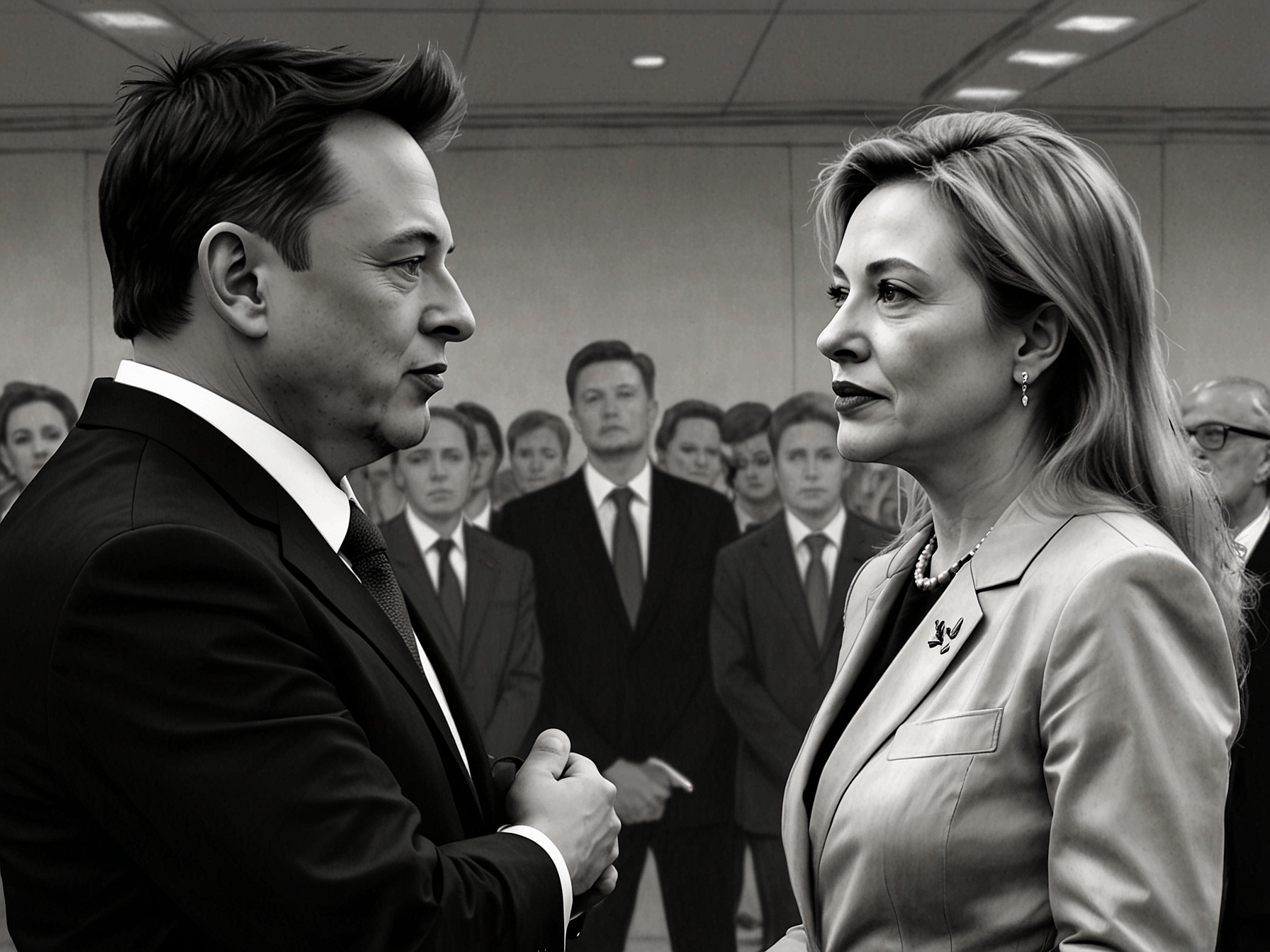
When a powerful figure like Musk jests at a public event, it raises eyebrows. Is it just playful banter or a sign of something deeper? The Brazilian government enforced its laws for a reason, which challenges Musk’s approach. Citizens want accountability. They demand that tech leaders adhere to local regulations, especially as misinformation continues to destabilize societies. This situation prompts a reflection: is social media really a safe space for everyone?
Looking Ahead: Navigating Free Speech and Misinformation
The G20 incident is a glimpse into the future of social media governance. How will nations balance free speech and the public good? This question looms large. As a global community, we must consider the standards set by influential figures. Are we comfortable with the way these powerful voices shape perceptions?
Elon Musk’s laughter in response to Janja’s comments could signify a disregard for regional issues. But it also represents a growing divide. People across the world are worried. Where do we draw the line between expression and responsibility? The G20 summit brought this issue to the forefront, showing just how pivotal these conversations are.
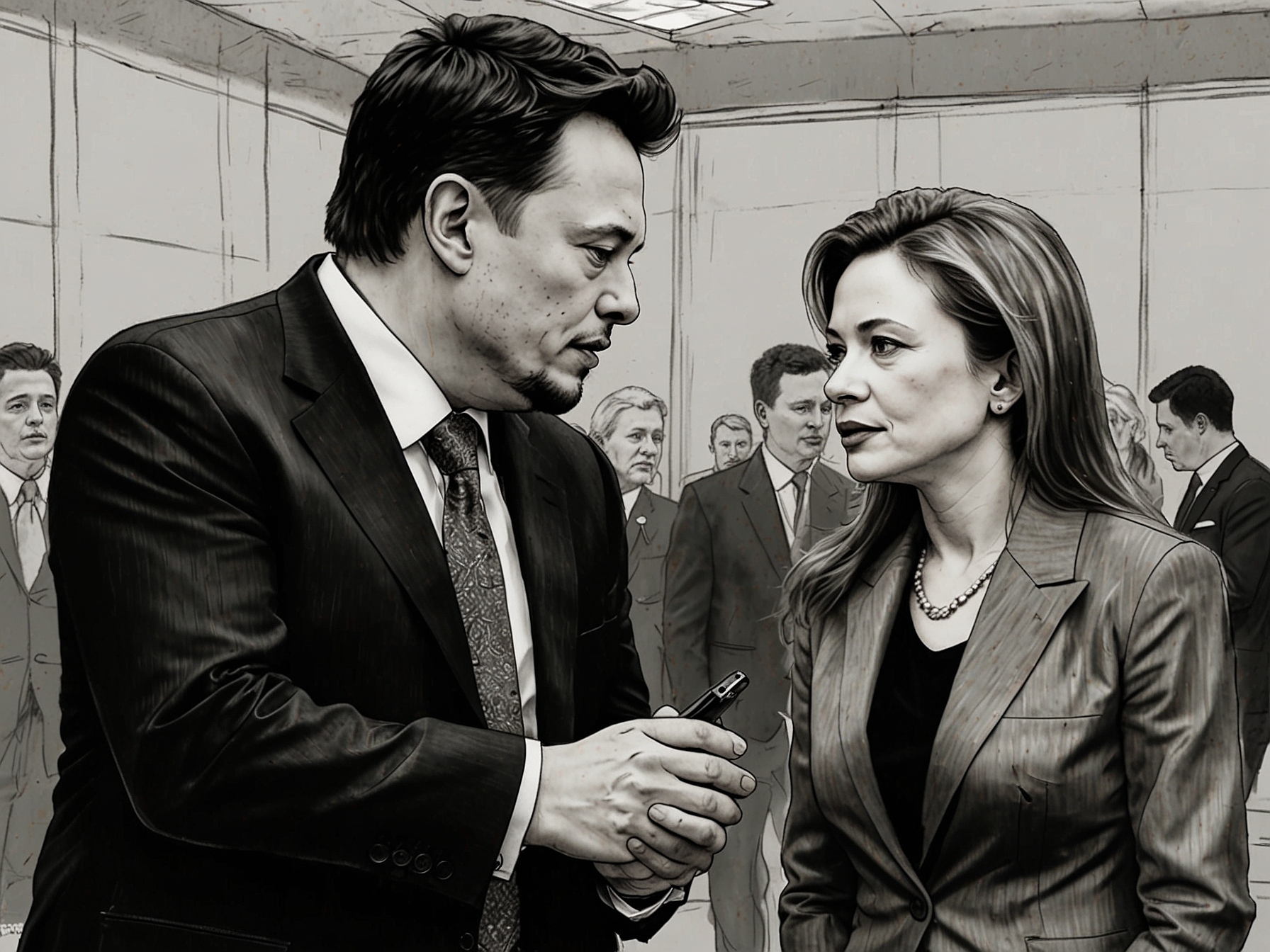
As we continue to navigate this terrain, it’s essential to examine each side. The need for social media to evolve and adapt to local laws echoes louder than ever. The voices of leaders will shape this path. But so too will citizens demanding responsible and accountable online landscapes. The ongoing tug of war between Musk’s vision and governmental regulations will surely shape the future of social media globally. Will anyone emerge victorious, or are we caught in an endless cycle of blame and retaliation?

